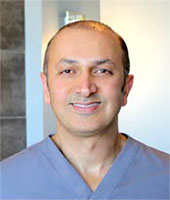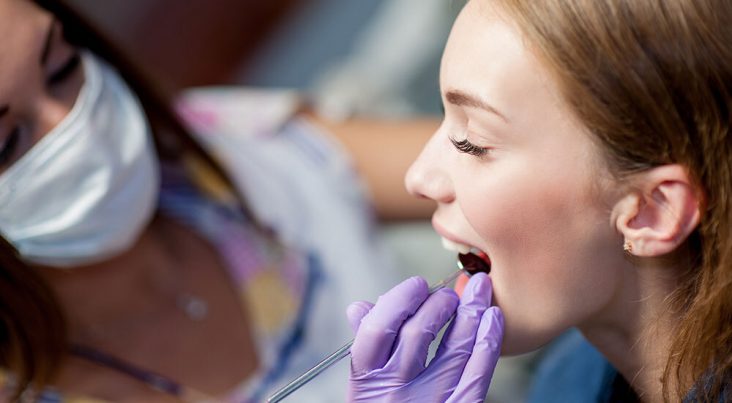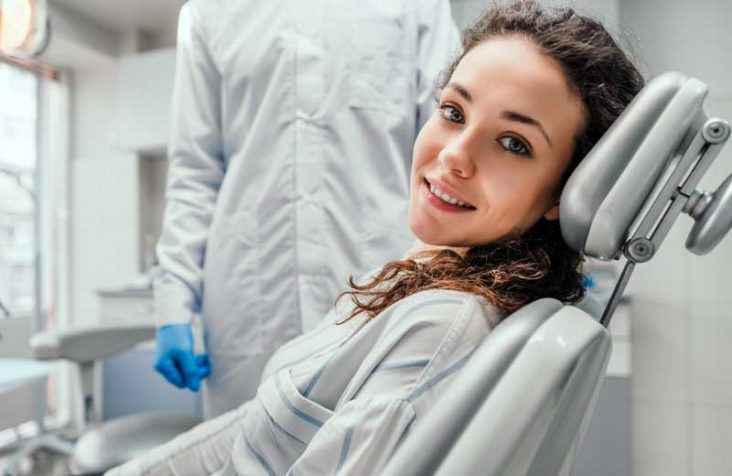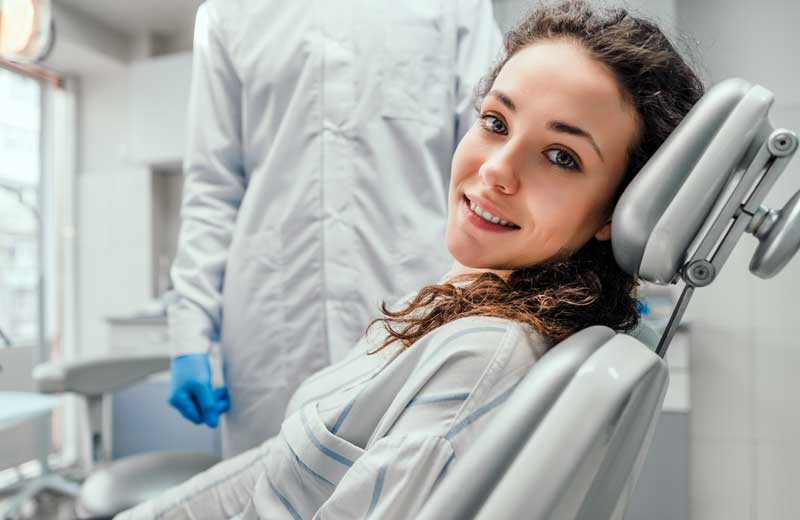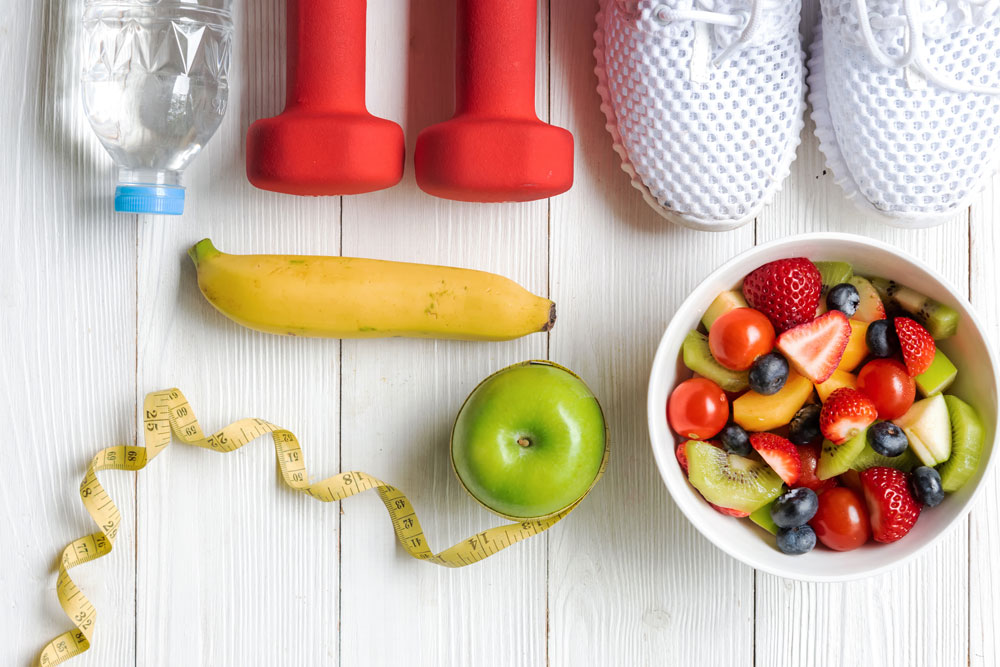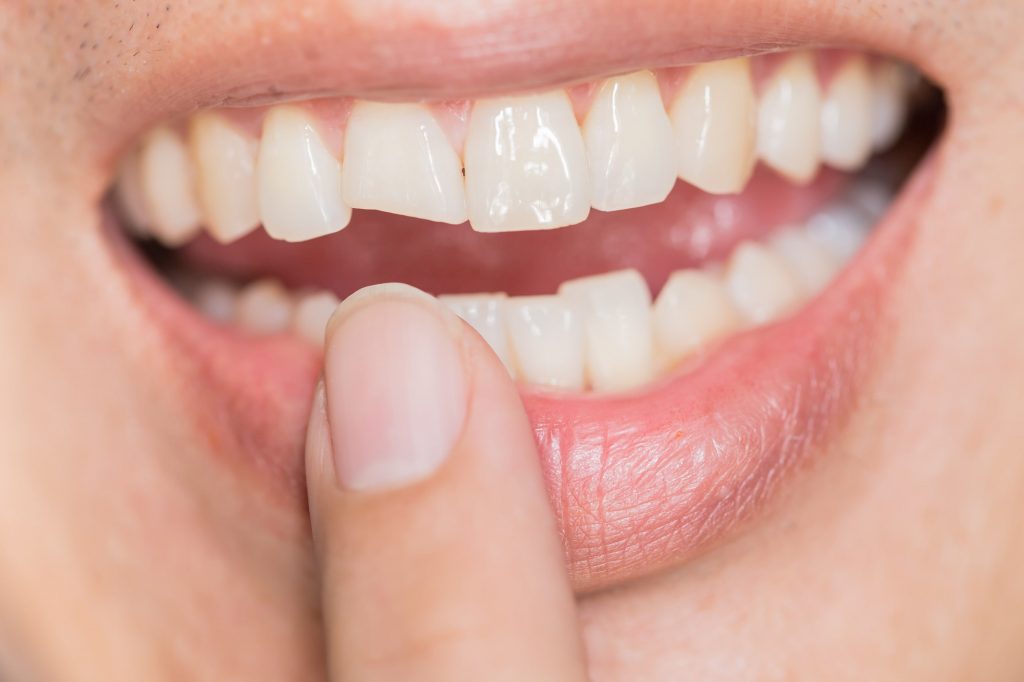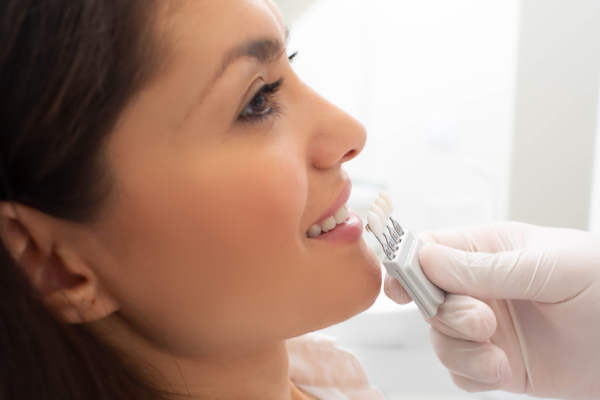
A wisdom tooth extraction is a type of dental surgery that is either performed by your dentist or an oral surgeon. The purpose of the surgery is to remove one or more of your wisdom teeth, which are the third set of adult molars in the back of your mouth. Wisdom teeth usually appear in your late teens or early twenties. If your dentist recommends getting them removed, here is what to expect before, during, and after the procedure.
Preparing Before the Surgery
Wisdom tooth extraction is a fairly common procedure, so you will be able to go home after it is over. Since you will be given anesthesia, have a friend accompany you to the dentist’s office so they can drive you home. You should also ask your dentist if you need to fast before the surgery and if so for how long. Also, let your dentist know of any medications that you take so they can check to see if it is okay to take them before surgery. Feel free to ask your dentist any questions about the procedure, so you have a full understanding of what will happen.
During the Procedure
Anesthesia is used to eliminate pain during the procedure. If you are given a local anesthetic, you will stay awake during the procedure but aside from some pressure, you will not feel any pain. If you are given sedation or general anesthesia, you will be given either an intravenous line in your arm or breathe in medication that you make you fall asleep. You are monitored by a surgical team and when you wake up, the procedure will be finished. During the procedure, the dentist cuts into your gums to expose the wisdom teeth. The teeth are then removed and the cut is stitched up. Gauze is placed in your mouth to control bleeding.
Recovery after Surgery
Once the procedure is over, you will take some time to recover either in the chair you had the procedure in or another room. Once you go back home, take it easy for the rest of the day. You can go back to a normal schedule the following day, but avoid strenuous activities for about a week. Eat soft foods for a few days and take over-the-counter medications that contain acetaminophen for pain relief. Do not brush your teeth or spit for about a day after the surgery as it may loosen the blood clot at the incision site. In order to clean your mouth after meals, you can rinse your mouth with warm salt water. If you experience any symptoms such as fever or numbness, contact your dentist immediately.
In Conclusion
Every year, about five million people get their wisdom teeth removed. While it is a common procedure, it is important to prepare yourself before you arrive for the surgery. Make sure to listen to your dentist’s instructions to ensure a smooth procedure and recovery time.
